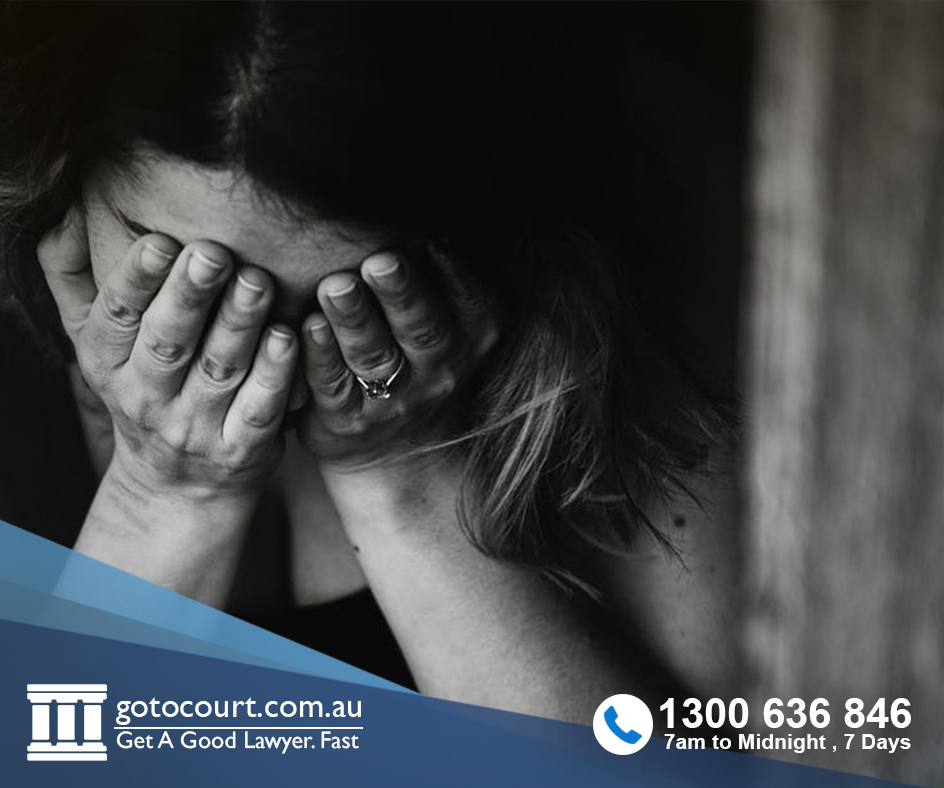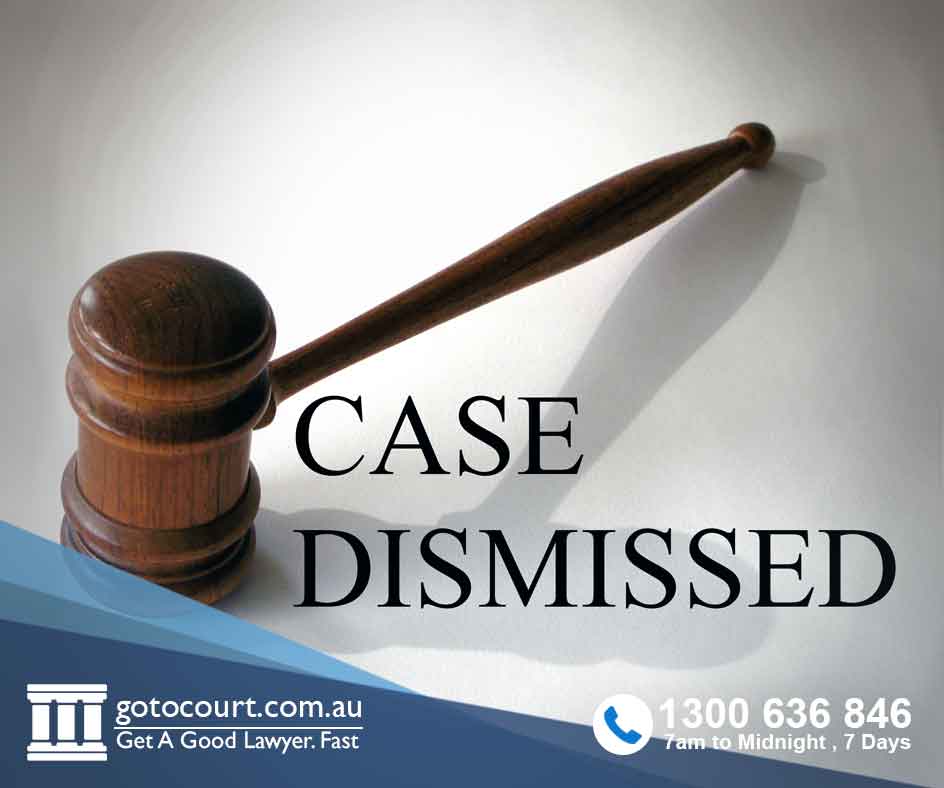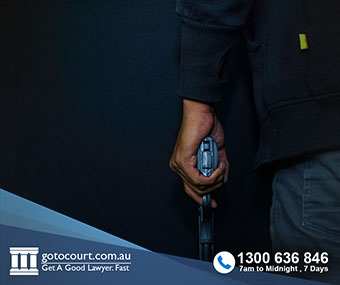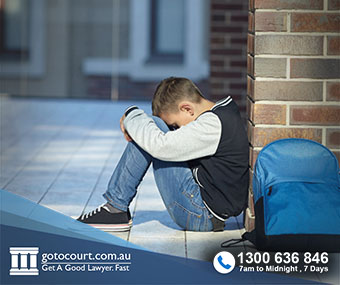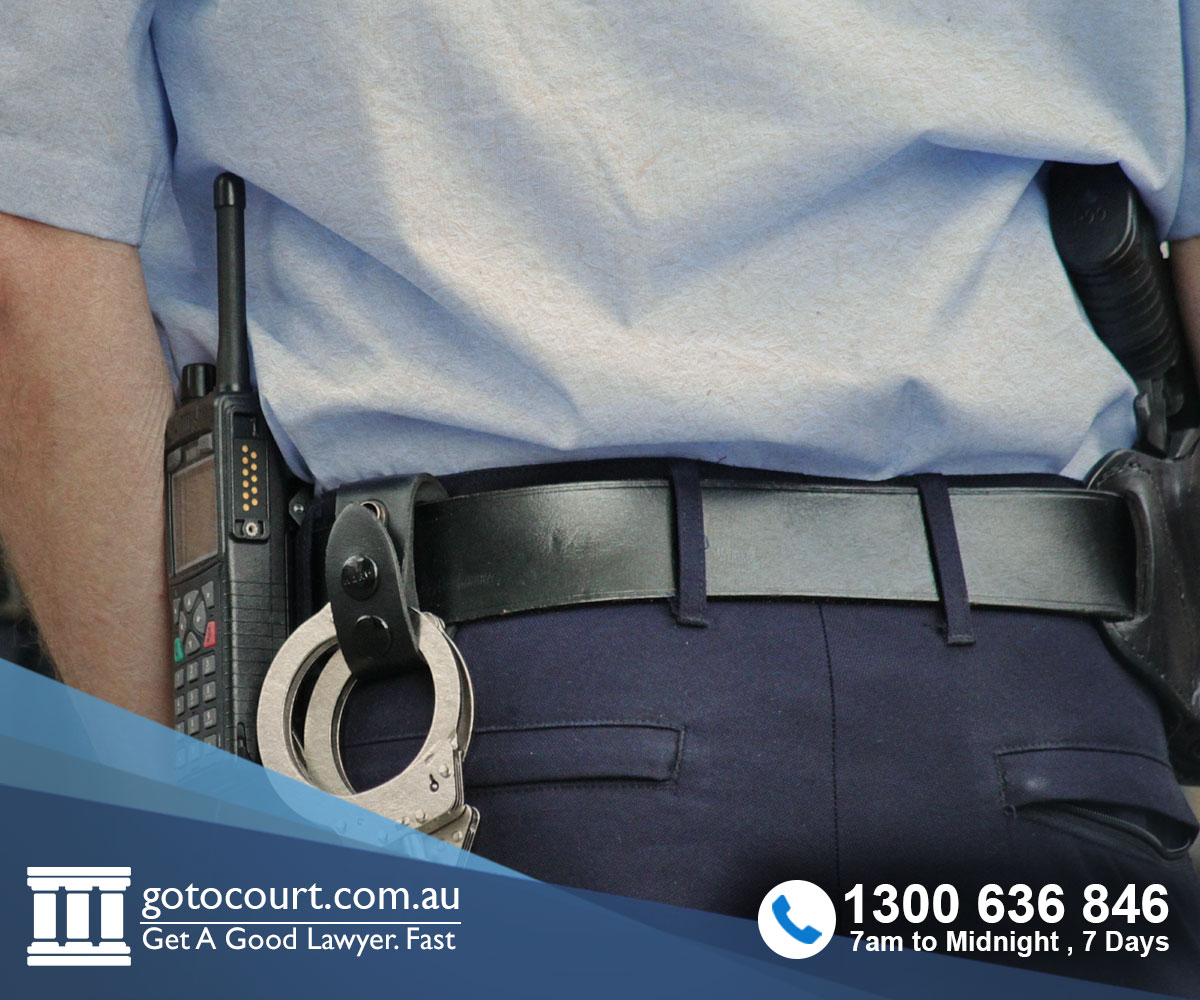Automatism
Automatism
Automatism is a well-established defence to all criminal offences. While it has been successfully argued even in relation to very serious crimes, its application remains controversial. The defence of automatism is based on the principle that a person cannot be held responsible under the criminal law for an act which was not committed voluntarily.
Automatism is defined in the common law as ‘action without conscious volition’ and refers to a person’s conduct of which they are not conscious and which is done as an unwilled act. This may be because of concussion, sleepwalking or an involuntarily movement such as a spasm or reflex. Alternately, it may be because the accused was affected by a mental illness such as schizophrenia and was responding to delusions rather than acting rationally.
There are numerous practical and philosophical issues that arise from the application of the defence of automatism to different types of criminal behaviour. Whilst it has been upheld as a valid full defence in cases of rape and murder, criticisms have been aired of this application of automatism with some people feeling that these decisions are wrong in law.
Sane vs insane automatism
The concept of automatism is often discussed in terms of ‘sane’ and ‘insane’ automatism.
‘Sane’ automatism occurs when a person reacts to external factors such as alcohol, concussion or a spasm. ‘Insane’ automatism occurs when a person reacts to the delusions of their own unsound mind.
A successful defence of ‘sane’ automatism brings about a full acquittal, while a defence of ‘insane’ automatism will result in a finding of not guilty because of mental impairment. This will lead to the making of a hospital order or another order designed to ensure the accused does not harm other people in the future as a result of their unwilled actions.
However, this distinction raises problems.
Automatism as a defence to murder
The defence of automatism was established in Australia by the 1950 decision of the Victorian Supreme Court, R v Cogdon.
In that case, Melbourne woman Mrs Cogdon was charged with the murder of her 19 year-old daughter, after the girl was killed with an axe in her bed during the night. The accused suffered from anxiety and vivid nightmares. On the night of the alleged murder, she claimed that she had been dreaming that her daughter was being attacked in her bedroom by Korean soldiers. In her sleep she took an axe to her daughter’s bedroom and killed her daughter in the process of trying to attack the soldiers. Mrs Cogdon received a full acquittal on the basis of sane automatism.
Evidence was heard that the night before the event, the accused had suffered a nightmare in which the house was being invaded by spiders. She had gone to her daughter’s room in an attempt to brush the spiders off the girl. When she awoke at her daughter’s bedside she told her daughter that she was just tucking her in. The accused had by all accounts had a good relationship with her daughter, had no motive for the crime and appeared genuinely distressed by what had happened. Expert evidence was given that a person such as Mrs Cogdon could have delivered blows with an axe while acting as a sleepwalker.
The jury found that Mrs Cogdon had acted involuntarily and was not responsible for her actions.
Automatism and sexomnia
In 2014, a Swedish man was acquitted of rape on the basis that he was experiencing sexomnia, a sleep disorder related to sleepwalking in which a person can have sex whilst asleep and be unaware of their acts.
A number of other men have received acquittals for rape on the same basis in other jurisdictions in recent years. These outcomes have provoked criticisms that acquitting men in cases such as these can result in excusing serious criminal conduct that has a real impact on the victim. It also leads to concerns that the public at large may be endangered by individuals who commit acts of violence whilst asleep.
The criminal law has long made a distinction between deliberate and accidental conduct. The idea that ‘an act does not make a person guilty of a crime unless that person’s mind be also guilty’ dates back to the 17th century. Serious offences are traditionally divided into a physical act plus a fault element such as intention, recklessness, knowledge or negligence. In other words, the accused must have been acting rationally and not under compulsion.
The defence of automatism
However, an acquittal based on automatism arising from a sleep disorder such as sleepwalking or sexomnia or some other medical issue that does not amount to insanity is problematic. There has been inconsistency in how courts in different jurisdictions have dealt with such cases. Acquittals on the basis of ‘sane’ automatism in these cases can lead to a person who poses a serious danger to others being left not only unpunished but also unmonitored and untreated.
There is little agreement among psychiatrists and psychologists as to whether a mental disorder can make conduct completely involuntary or unintentional. Experts are also divided as to whether complex and purposeful actions can be carried out by a person who is not in control of their actions. It has been suggested that an alternative category such as ‘cognitive dysfunction’ could be adopted to cover cases that do not fall squarely into either ‘sane’ or ‘insane’ automatism.
In Victoria, the defence of automatism is available under the common law. In the states and territories with codified law, it has been enshrined in legislation.
If you require advice about a criminal law matter, please contact Go To Court Lawyers.

Affordable Lawyers
Our Go To Court Lawyers will assist you in all areas of law. We specialise in providing legal advice urgently – at the time when you need it most. If you need a lawyer right now, today, we can help you – no matter where you are in Australia.How It Works




1. You speak directly to a lawyer
When you call the Go To Court Legal Hotline, you will be connected directly to a lawyer, every time.

2. Get your legal situation assessed
We determine the best way forward in your legal matter, free of charge. If you want to go ahead and book a face-to-face appointment, we will connect you with a specialist in your local area.

3. We arrange everything as needed
If you want to go ahead and book a fact-to-face appointment, we will connect you with a specialist in your local area no matter where you are and even at very short notice.


